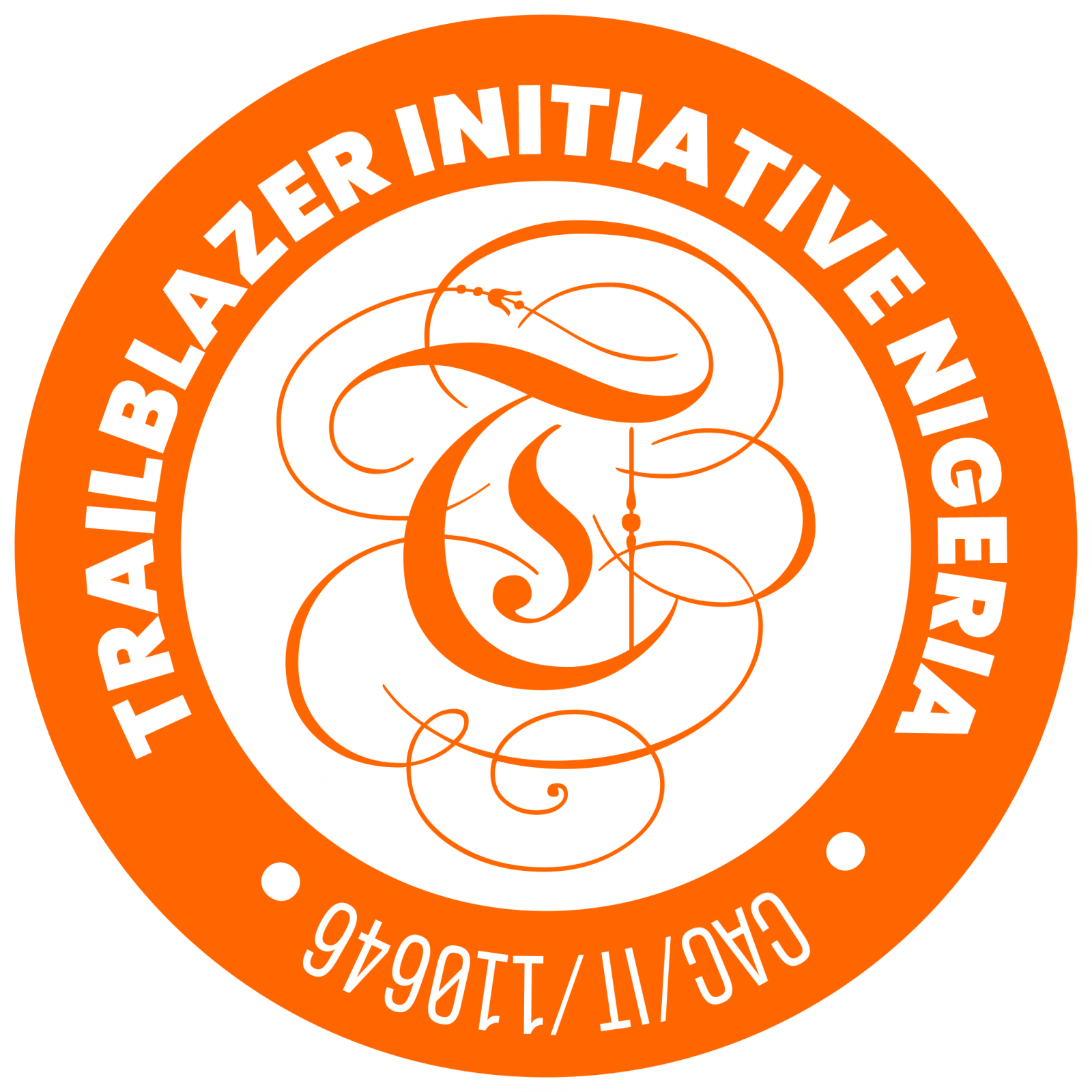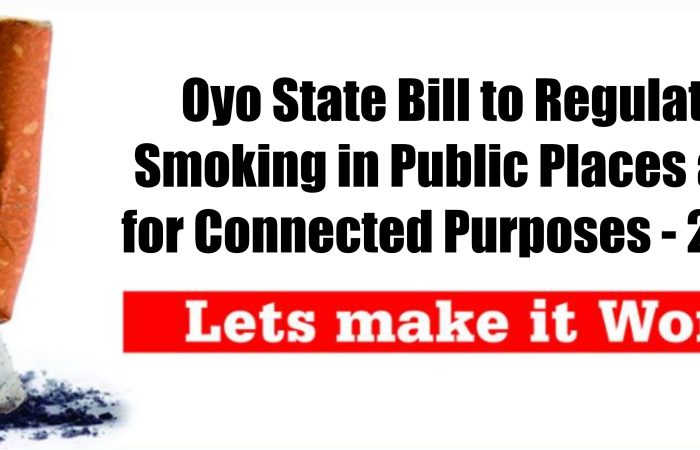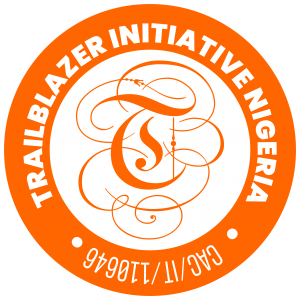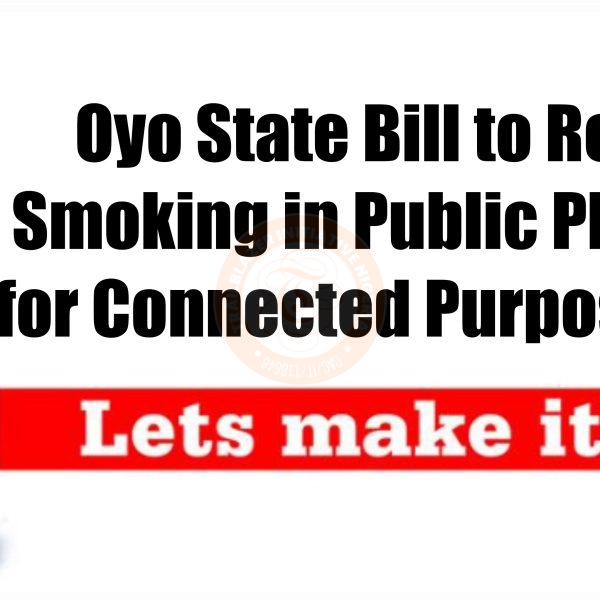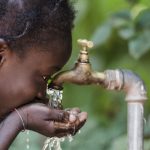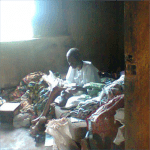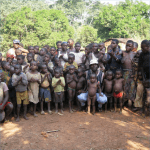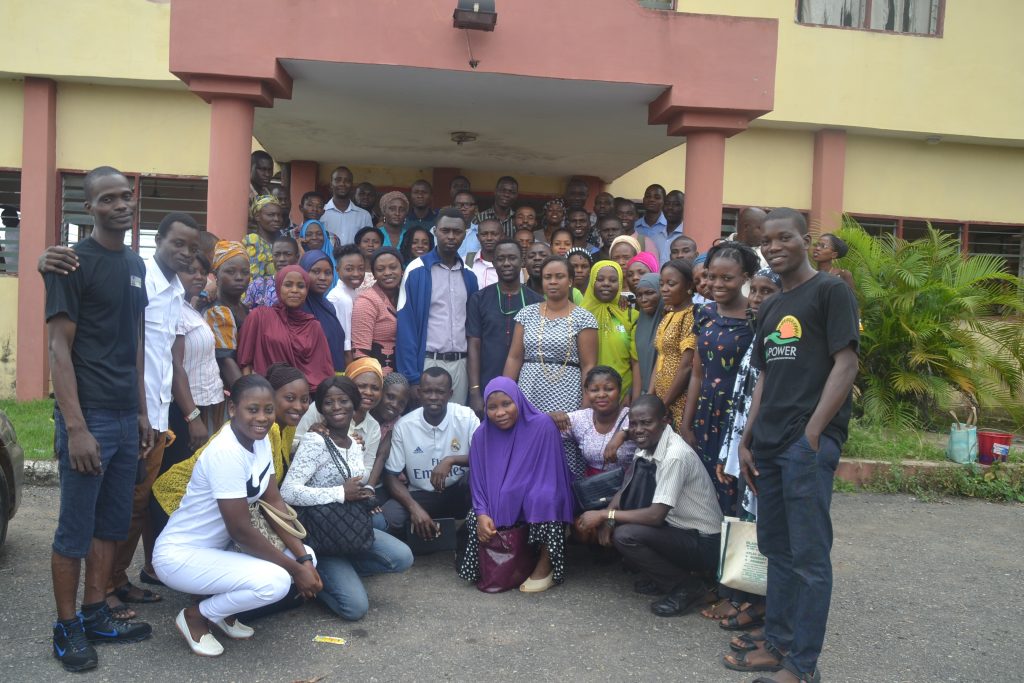 Funder:
Funder:
Office of the Vice President, Federal Republic of Nigeria / ActionAid Nigeria
Partners:
Coalition of Civil Society Networks on HIV/AIDS in Nigeria – Oyo State Chapter (CiSHAN Oyo State) & Trailblazer Initiative Nigeria (TBI NG)
Project Overview
The project was part of a Third-Party Monitoring (TPM) exercise aimed at tracking, assessing, and improving the National Social Investment Programme (N-SIP) in five Local Government Areas (LGAs) of Oyo State: Egbeda, Lagelu, Akinyele, Oluyole, and Ona Ara.
The N-SIP is designed to reduce poverty, improve livelihoods, and foster social inclusion in Nigeria. Through this initiative, we sought to capture beneficiaries’ voices, identify gaps, and provide actionable feedback to the National Social Investment Office (NSIO) to strengthen service delivery and accountability.
Duration: 4 months (May – November 2018)
Target Reach: 23,400 beneficiaries monitored
Project Goals & Objectives
Goal:
To strengthen citizen engagement and promote accountability in the implementation of the N-SIP in Oyo State.
Objectives:
-
Monitor and evaluate outputs and outcomes of N-SIP programmes in selected LGAs.
-
Facilitate understanding of N-SIP’s contribution to poverty reduction and inequality in Nigeria.
-
Support the NSIO in establishing a robust monitoring system for N-SIP.
-
Strengthen the capacity of Civil Society Organisations (CSOs) to monitor and advocate for better N-SIP implementation.
-
Engage beneficiaries and communities to share experiences and provide feedback.
-
Promote accountability by reporting factors that hinder programme effectiveness.
-
Support government agencies to improve efficiency and reach of N-SIP interventions.
Scope of Monitoring
We monitored the implementation of three major N-SIP components:
1. N-Power (Job Creation Programme)
-
Enrolment & physical verification of participants.
-
Validation of beneficiary data.
-
Monitoring service delivery processes.
-
Identifying challenges and recommending improvements.
2. Home Grown School Feeding Programme (HGSF)
-
Verification of pupil and caterer numbers in implementing schools.
-
Resolving and escalating local implementation issues.
-
Reporting on programme efficiency and constraints.
3. Government Enterprise and Empowerment Programme (GEEP)
-
Verification of beneficiaries and applicants.
-
Tracking activities of beneficiaries in their businesses.
-
Identifying challenges and opportunities for better implementation.
Key Achievements
-
Monitored 23,400 beneficiaries across 5 LGAs within the project timeframe.
-
Documented success stories and positive impacts from the three programme areas.
-
Captured negative outcomes and implementation challenges for escalation to NSIO.
-
Identified cases of access barriers and potential corrupt practices for resolution.
-
Facilitated feedback channels between beneficiaries, communities, and government actors.
Methodology
-
Field Visits: On-site verification of beneficiaries and service points.
-
Interviews & Focus Group Discussions: Engaging beneficiaries, service providers, and community stakeholders.
-
Data Collection Tools: Structured questionnaires, photographs, audio, and video recordings.
-
Reporting Framework: Daily, weekly, and monthly reports consolidated into a comprehensive end-of-project report.
Impact
The monitoring exercise provided the NSIO with real-time feedback and actionable recommendations that improved N-SIP service delivery in the monitored LGAs. By amplifying the voices of citizens, especially women, youth, and persons with disabilities, the project strengthened public trust and enhanced transparency in social protection initiatives.
